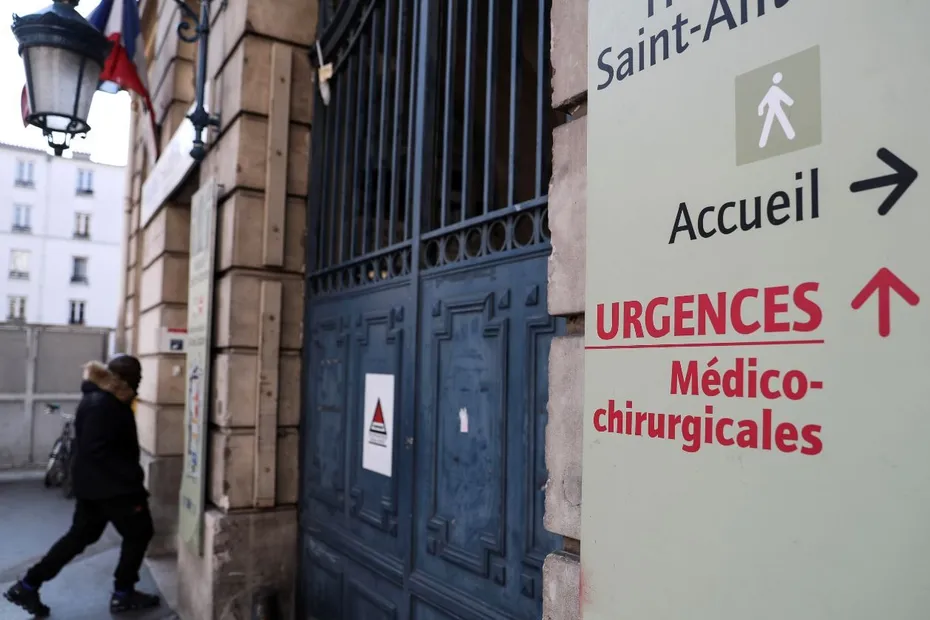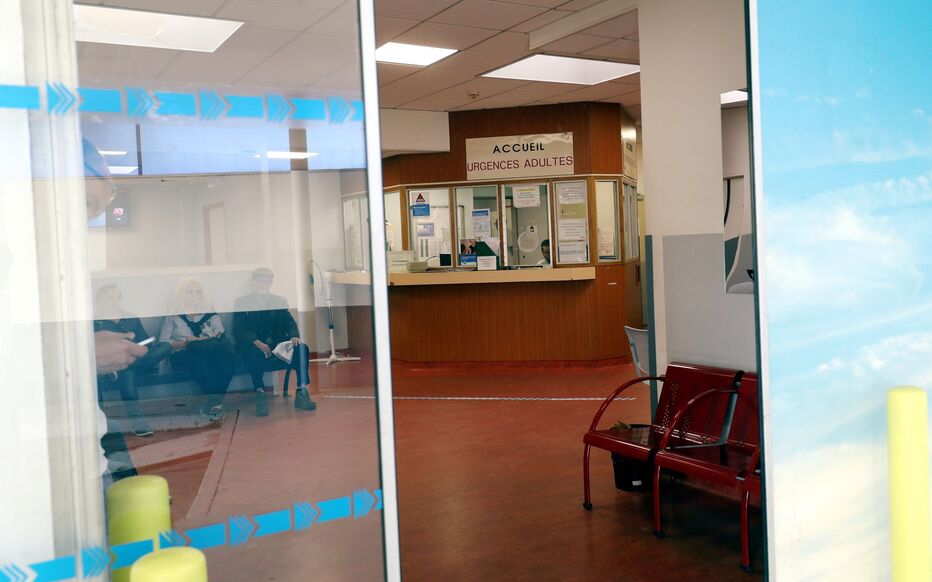
Violences conjugales : pourquoi le dépôt de plainte à l’hôpital est généralisé
Le dépôt de plainte directement à l’hôpital pour les violences conjugales est désormais généralisé dans les établissements de l’Assistance Publique-Hôpitaux de Paris (AP-HP), une initiative visant à faciliter l’accès à la justice pour les victimes. Ce dispositif, expérimenté dès 2020 à l’hôpital Saint-Antoine, permet aux victimes de déposer plainte auprès d’un officier de police judiciaire présent sur place, sans avoir à se rendre dans un commissariat, ce qui simplifie grandement les démarches dans un moment souvent traumatique
.
Cette mesure, issue des recommandations du Grenelle contre les violences conjugales, vise à améliorer la détection des violences et à garantir une prise en charge rapide et sécurisée des victimes. L’initiative a montré son efficacité en permettant à de nombreuses victimes, qui auraient autrement renoncé à porter plainte, d’agir dans un cadre adapté à leur situation
En plus de permettre une action judiciaire immédiate, ce service s’inscrit dans une approche globale, où les urgences hospitalières deviennent un lieu clé pour briser l’isolement des victimes et leur offrir un soutien médical, psychologique et légal. Cette généralisation pourrait inspirer d’autres régions en France.
illustrating how the system for filing complaints against domestic violence at hospitals works in practice:

Sujet sur le climat de tension qui règne dans les urgences des hôpitaux qui donne lieu à des actes violents envers le personnel et les moyens qui sont mis en oeuvre pour éviter ça.
- Emergency Room Detection:
At Saint-Antoine Hospital, if a woman arrives with injuries from domestic violence, she can directly speak with a judicial police officer stationed at the hospital. The officer collects the details of the incident, allowing her to file an official complaint without needing to visit a police station. - Comprehensive Support:
Complaints can be filed immediately in the emergency department after receiving medical care. For instance, if the victim shows signs of trauma, hospital staff provide immediate assistance through specialized psychological support teams. - Immediate Protection:
If the victim feels an imminent threat from her abusive partner, the security staff present at the hospital coordinate with the police to ensure her safety. This happens simultaneously with the complaint process. - Pregnant Women Cases:
When a pregnant woman visits the hospital for a routine check-up and shows signs of abuse, medical staff can detect physical or emotional injuries. In such instances, she is encouraged to speak up and file a complaint in a supportive and safe environment. - Repeat Abuse Cases:
If a victim repeatedly visits the hospital for the same reasons, previous incidents can be documented and attached to the current complaint, strengthening the legal case and aiding the judiciary in issuing more effective rulings. - Coordination with Social Services:
Alongside filing complaints, hospitals coordinate with social organizations to provide safe housing or additional legal assistance for the victim and her children if necessary.
These examples showcase how this system reduces procedural burdens on victims while ensuring a supportive environment for seeking justice.
.
.
Masdar








